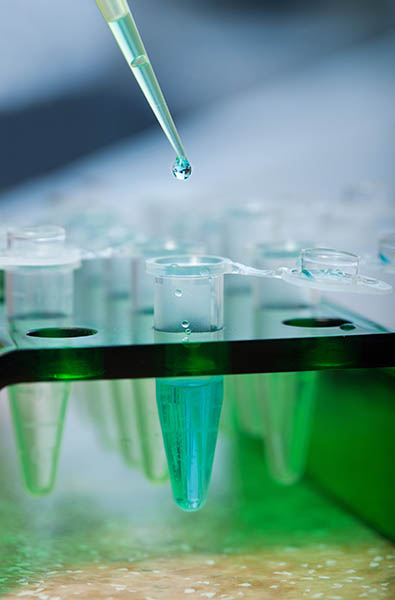- ABOUT CTC
- EXPERTISE AND SERVICES
- Raw hide - Tannery
- Footwear
- Leather goods - Glove-making
- PPE
- Environment
- CSR
- Training
- Safety of articles with ICARE
- BLOG AND NEWS
- CTC VIDEOS
- LEAFLETS AND PUBLICATIONS
- CUSTOMERS EXTRANET
EN
French efforts to detect and minimise the discharge and emission of hazardous substances into water sources contribute to the European goal of improving the quality of the aquatic environment, ensuring clean and safe bodies of water, and safeguarding public health.
CTC is available to assist you in analysing your discharges and emissions.
The prevention and mitigation of water pollution are major priorities in European water policy.
The French national action programme to detect and minimise hazardous substance discharges in water (RSDE) began in 2002, as part of the implementation of the approach outlined in the EU's Water Framework Directive (WFD).
In April 2004, the programme was extended to include unclassified installations, such as urban waste water treatment stations.
The actions set out in the programme align with Europe's ambition to improve the quality of aquatic environments and safeguard public health.
These targeted reduction measures form part of France’s efforts to meet the objectives set out in the Water Framework Directive, namely:
Hazardous substances are compounds that are toxic, persistent and bioaccumulative. Even at very low concentrations, they can be harmful to the aquatic environment and to human health.
Each substance is assigned a PNEC (predicted no-effect concentration) value determined by laboratory testing and based on which an environmental guideline value (EGV) is then established. When an EVG becomes regulatory, it is referred to as an environmental quality standard (EQS).
These substances may be present in various industrial processes (in raw materials or consumables) and in the composition of numerous products intended for industrial, agricultural, or domestic use.

The RSDE programme is governed by several pieces of legislation, particularly Directive 2000/60/EC of 23 October 2000, which establishes a framework for Community action in the field of water.
Specific decrees exist concerning facilities classified for environmental protection (ICPE) and waste water treatment stations.
The Decree of 2 February 1998 relating to water sampling and consumption, as well as emissions of all kinds by environmentally-classified facilities (ICPE) subject to the authorisation procedure.
The Decree of 24 August 2017 amending, through a series of ministerial decrees, the provisions concerning the discharge of hazardous substances into water from such facilities.
Establishments that require prefectural authorisation to operate an ICPE (classified facility for environmental protection) and that discharge into the natural environment are subject to the RSDE obligations.
In 2004, the action programme was extended to include urban waste water treatment stations with a nominal capacity of at least 600 kg/day of BOD5.
There are two main phases to the RSDE action programme:
CTC offers a full range of sample collection and analysis services to help you comply with French RSDE regulations:
Our accreditations and approvals guarantee full compliance with the technical requirements of the regulatory authorities.
We are also committed to meeting our lead times, guaranteeing the technical quality of our analyses, and providing you with personalised support throughout the process.
Our customer service team responds to your queries within 24 to 48 hours